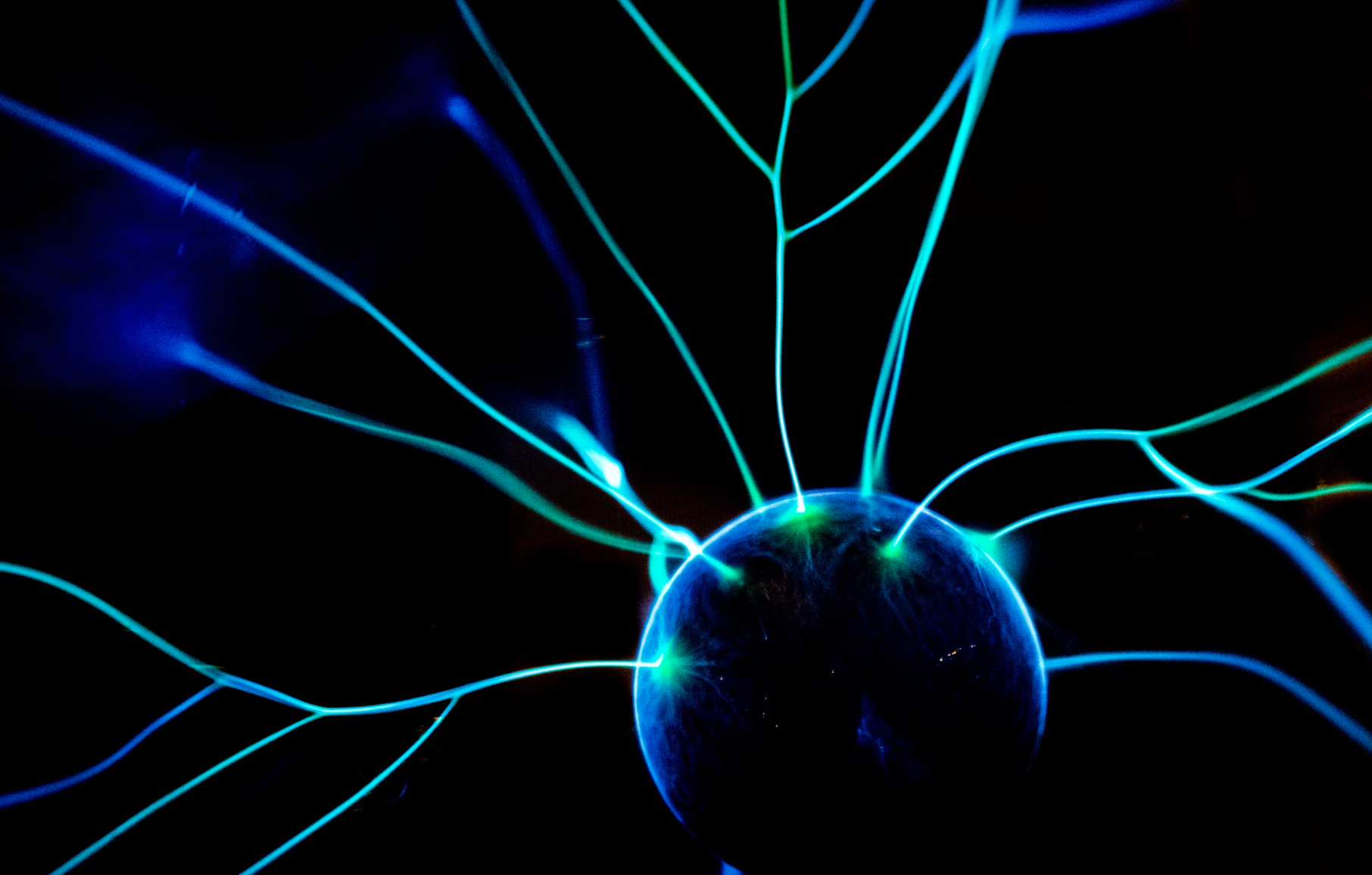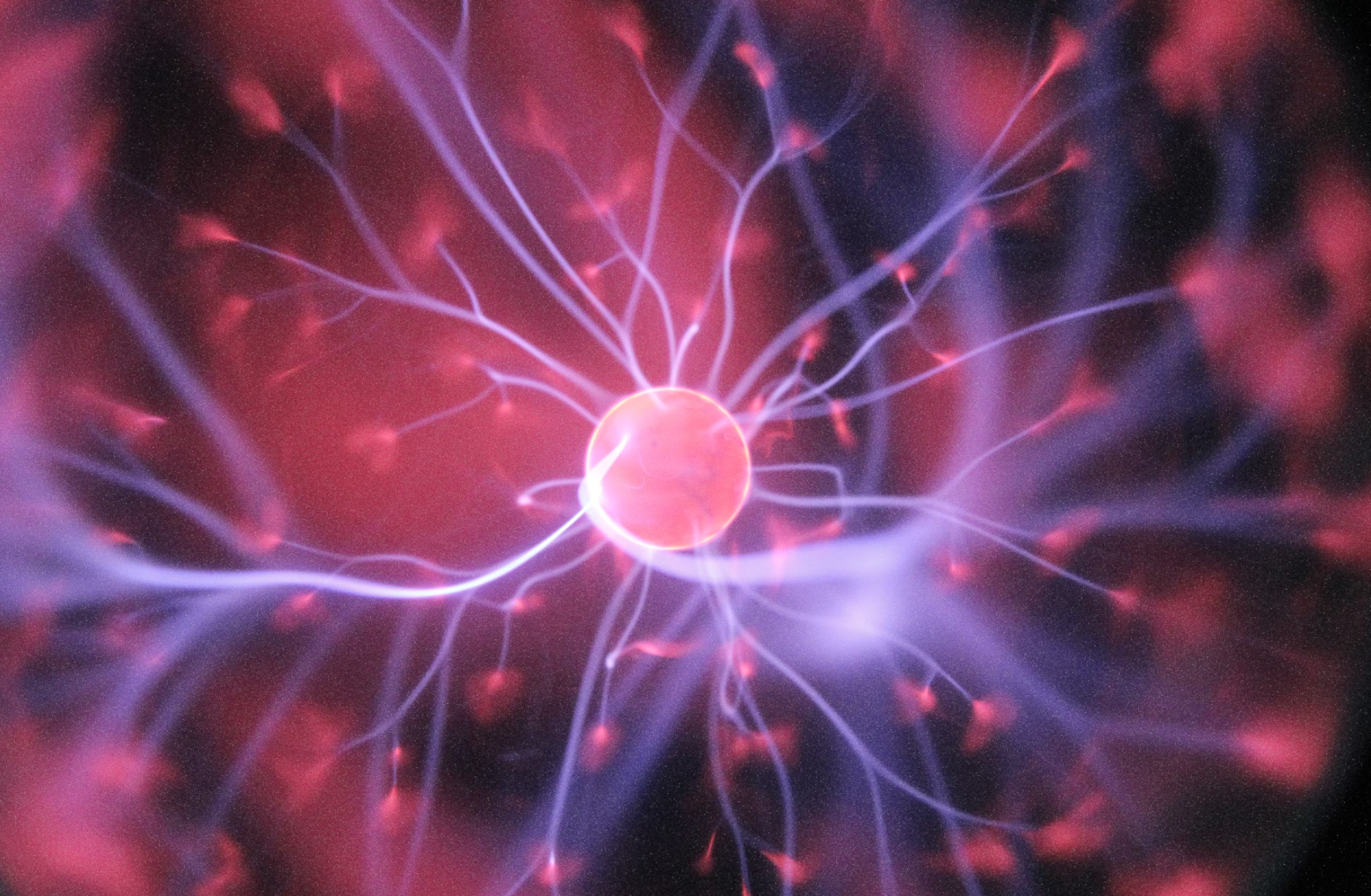FREE SHIPPING ON ALL ORDERS, NO MINIMUM PURCHASE
FREE SHIPPING ON ALL ORDERS
JOIN FLOWCLUB™ AND SAVE UP TO $33 EVERY MONTH
JOIN FLOWCLUB™ AND SAVE EVERY MONTH
NATURAL INGREDIENTS, PROVEN RESULTS

The intersection of ancient Ayurvedic wisdom and modern neuroscience has produced a new category of cognitive enhancers that actually deliver results.
Unlike synthetic nootropics that often come with jitters or crashes, Ayurvedic nootropics work by supporting your brain's natural processes through time-tested herbs and compounds.

Ayurvedic medicine has used cognitive-enhancing herbs for over 3,000 years. These plants, known as Medhya Rasayanas in Sanskrit, literally translate to "mind rejuvenators." Modern research validates what ancient practitioners knew: certain herbs can measurably improve memory, focus, and mental clarity.
The key difference between Ayurvedic and synthetic nootropics lies in their mechanism. While synthetic options often flood your system with stimulants, Ayurvedic herbs work through:
Bacopa Monnieri stands out as one of the most researched Ayurvedic nootropics. Studies show that 300-600mg daily can speed up information processing and improve memory retention. The active compounds, called bacosides, protect against oxidative stress while improving hippocampal signaling—the brain region responsible for memory formation.
A 12-week study found participants taking Bacopa showed significant improvements in verbal learning, memory consolidation, and information processing speed compared to placebo groups.
With over 50 clinical studies backing its efficacy, KSM-66 Ashwagandha® has proven effects on executive function, memory, and concentration. As an adaptogen, it helps regulate cortisol levels, which directly impacts cognitive performance.
Research demonstrates that 300-600mg of KSM-66 Ashwagandha® daily can:
Lion's Mane contains unique compounds called hericenones and erinacines that stimulate nerve growth factor (NGF) production. This makes it particularly valuable for long-term brain health. Studies in older adults show measurable memory improvements with consistent use, though benefits may diminish if supplementation stops.
Rhodiola Rosea enhances mental performance under stress by improving cerebral metabolism. Studies show it can increase mental processing speed by up to 20% during demanding tasks.
L-Theanine promotes alpha brain wave activity, creating a state of relaxed alertness. When combined with other nootropics, it smooths out any stimulating effects while enhancing focus.
N-Acetyl L-Tyrosine serves as a precursor to dopamine and norepinephrine, supporting cognitive performance when you're under pressure.
FlowVeda takes these evidence-based ingredients and combines them in clinically relevant doses. The formula is 86% Ayurvedic, featuring:
This isn't a random blend—each ingredient is included at levels shown effective in research, and the combination addresses multiple aspects of cognitive function simultaneously.
Here's what the research actually shows about Ayurvedic nootropics:
What They Can Do:
What They Can't Do:
Unlike caffeine or synthetic stimulants, Ayurvedic nootropics work cumulatively:
Week 1-2: Reduced stress response, better sleep quality Week 3-4: Improved focus and mental clarity Week 5-8: Enhanced memory and cognitive performance Week 9-12: Full benefits manifest, including neuroplastic changes
This timeline explains why FlowVeda recommends consistent daily use for at least 2-3 months to experience full benefits.
Research indicates Ayurvedic nootropics work particularly well for:
One major advantage of Ayurvedic nootropics is their safety profile. When used at recommended doses, side effects are minimal. However, some considerations:
FlowVeda addresses these concerns by recommending morning doses with food and using forms of ingredients (like KSM-66 Ashwagandha®) specifically processed for optimal absorption and minimal side effects.
To maximize benefits:
Ayurvedic nootropics represent a sustainable approach to cognitive enhancement. They won't give you superhuman abilities overnight, but consistent use can lead to meaningful improvements in memory, focus, and mental resilience.
FlowVeda's formula leverages this ancient wisdom with modern extraction methods and clinically validated doses. For those seeking a natural path to better cognitive function without the downsides of stimulants, the evidence suggests this Ayurvedic approach truly works—it just requires patience and consistency to unlock its full potential.
The key is understanding that these aren't quick fixes but rather tools for long-term cognitive optimization. When used correctly, they support your brain's natural ability to adapt, grow, and perform at its best.
Most people notice initial benefits like reduced stress within 2-4 weeks, but significant cognitive improvements typically appear after 4-8 weeks of consistent daily use. Full benefits usually manifest around the 12-week mark.
Yes, Ayurvedic nootropics generally pair well with caffeine. L-Theanine in particular can smooth out caffeine's jittery effects while enhancing focus. However, it's best to start with lower doses of both to assess your tolerance.
Side effects are typically mild. Some people experience digestive upset from Bacopa (take with food), slight drowsiness from Ashwagandha (take in the morning), or sleep issues from Rhodiola (avoid evening doses). Most side effects resolve with proper timing and dosing.
Unlike synthetic nootropics, most Ayurvedic herbs don't require cycling. Research shows they're safe for long-term daily use. Some practitioners recommend a 1-week break every 3-4 months, but this isn't strictly necessary.
Pregnant or nursing women should avoid most nootropics. People on blood pressure medications should consult their doctor before taking KSM-66 Ashwagandha®. Those with autoimmune conditions should be cautious with immune-modulating herbs like KSM-66 Ashwagandha® and Lion's Mane Mushroom.

